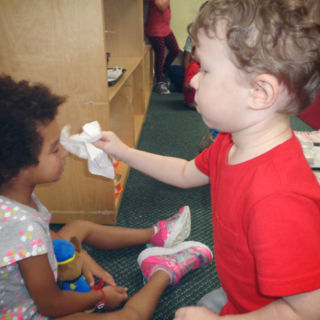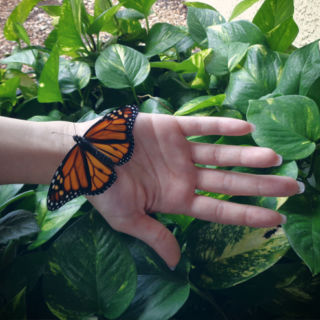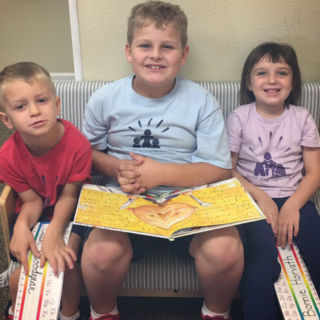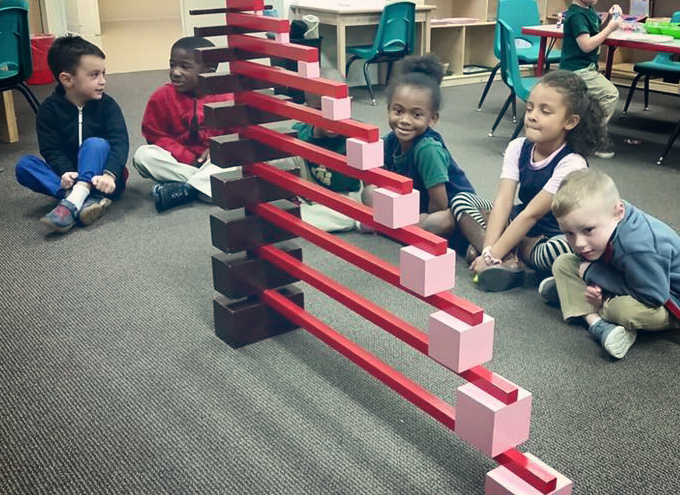
Math begins not with writing numbers, but with hands-on sensorial experiences that build foundational math concepts. Activities such as the number rods, spindle boxes and short bead stair exercise counting, sorting, classifying, ordering, weighing and measuring.
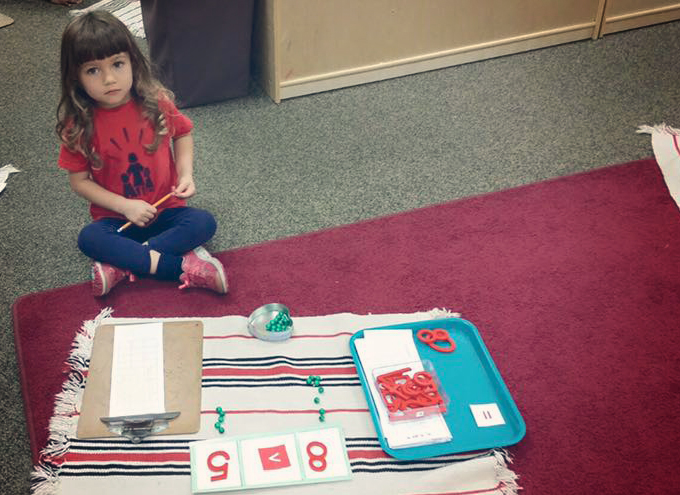
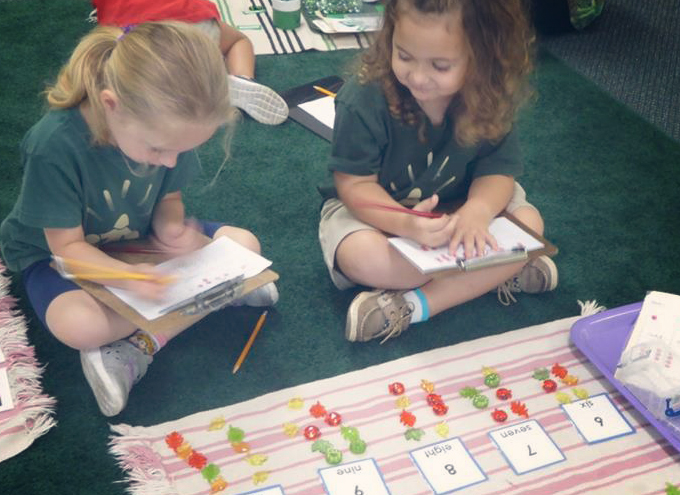
After these practical lessons, then quantities and symbols for numbers are represented on paper and practiced in many forms, like the sandpaper numbers and addition strips. The Montessori approach to math facilitates a true understanding that is applied to everyday life; whereas learning by rote limits the child’s comprehension of the mathematical process.
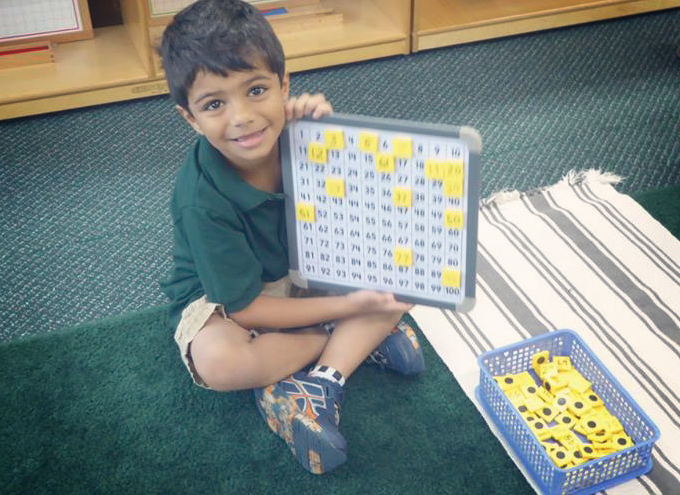
As the children continue each year, the Math curriculum moves from concrete to varying levels of abstraction, until elementary age children grasp advanced concepts conceptually (like multiplication and division). Montessori children are able to comprehend complex mathematics, geometry and algebra earlier than children in traditional class settings. “Show me.” Then, “Show me more!” are everyday words heard in our classrooms.
